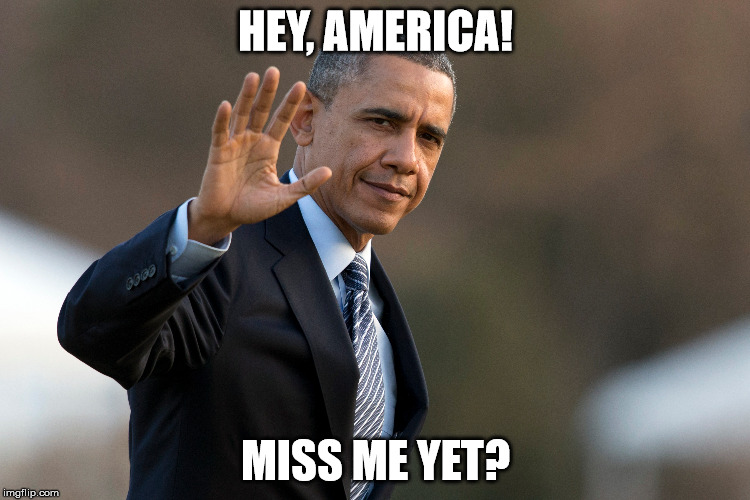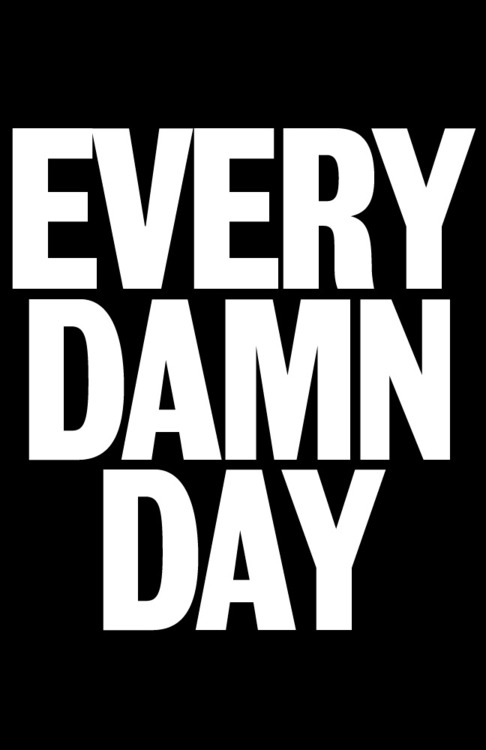- Joined
- Sep 3, 2014
- Messages
- 15,612
- Reaction score
- 16,538
- Location
- Pacific NW
- Gender
- Male
- Political Leaning
- Liberal
The Trump administration has stumbled in its initial push to implement the $2 trillion coronavirus aid package, with confusion and fear mounting among small businesses, workers and the newly unemployed since the bill was signed into law late last month.
Small-business owners have reported delays in getting approved for loans without which they will close their doors, while others say they have been denied altogether by their lenders and do not understand why. The law’s provision to boost unemployment benefits has become tangled in dated and overwhelmed state bureaucracies, as an unprecedented avalanche of jobless Americans seeks aid.
Why did the Trump Administration decide to channel small-business lending through private banks instead of lending it directly through the IRS? The banks are complaining that they have yet to receive crucial guidelines and that the administration is setting*unworkable requirements.
“Banks are ready and willing to lend, but they need clear rules of the road and a streamlined process to be able to get funding into the hands of small business owners in the coming days,” said Greg Baer, president and CEO of the Bank Policy Institute, which represents the nation's biggest lenders.
"Taking all of the above concerns into consideration, many banks have already indicated that they will not be able to use the program under the current terms," the group's president, Rebeca Romero Rainey, said in the letter. "Others will only use it for current customers, greatly limiting the purpose and potential of the Program. This would be an unacceptable lost opportunity at a time when we can least afford it."
And then there is this example of a Republican governor intentionally booby-trapping essential services like unemployment compensation in Florida because he wanted to brag about how he reduced the numbers on unemployment: ‘It's a sh-- sandwich': Republicans rage as Florida becomes a nightmare for Trump
It turns out that competence and expertise really does have a role to play in government. Voting for the party that hates and ridicules government and then expecting that party to govern competently in a crisis is illogical. As we can see.



